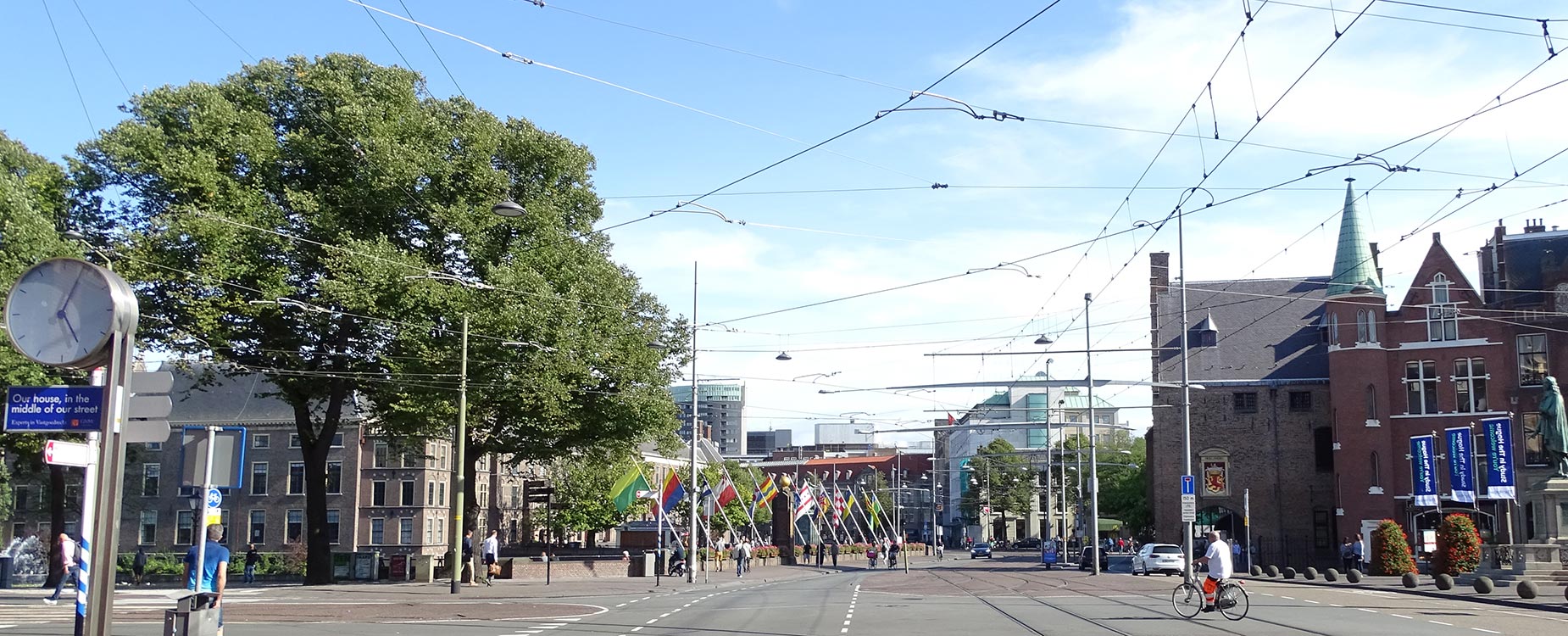Six things to know about renting in the Netherlands
Are you new to the Netherlands? Or are you maybe just looking for a new place to live? Then you are advised to know your rights when it comes to Dutch tenancy law. Tenancy laws differ greatly from country to country, so what is common in your home country may not be the rule here.
This post was reviewed and updated on 28 August 2020
Six main things to know
Here are the main six things you should know:
- Intermediary fees are paid to the intermediary or real estate agent (in Dutch: makelaar). These fees are only permissible if the intermediary agent is requested to and has performed services on behalf of the renter.
- A landlord may offer one temporary lease less than two years (independent accommodation) or less than five years (shared housing). After that the lease becomes indefinite. Should the landlord want to terminate the lease at the end of the fixed term, he or she must notify the tenant at least one month but no longer than three months before the end date of the lease. Only the tenant is allowed to terminate the lease interim. He/she must obtain a notice period of one month.
- Rents above €737,14 per month** are considered above the liberalisation law and thus protective rent-regulations do not apply. However, also in the case of a liberalised contract, the tenant may request the rental assessment committee to check if a rent is reasonable. Furthermore, increases in the rent are only allowed once per year, regardless of how much it is, and must be agreed upon in the contract.
** The above mentioned threshold amount of €737,14 per month is revised each year and may therefore be subject to change.**
- If you, as a renter, want to make any (significant) alterations to the property, you must get permission from your landlord, unless the intended alterations can easily be removed after termination of the tenancy agreement.
- Tenants are obliged to make small repairs to the premises. These include (but are not limited to): painting, repairing doorknobs, replacing light bulbs and making keys.
- If something about the property is damaged which reduces the enjoyment of the property, the landlord is obligated to make repairs, unless it is a small repair (discussed in number five above) or the damage is the fault of the tenant. Should the landlord refuse to repair the damage, you can take legal action.
Conclusion
We advise you to check your lease thoroughly before you sign to make sure that the contract is in line with Dutch rental law.
If you are having an issue with either your landlord or your tenants, please do not hesitate to get in touch with us for advice.
This article was also published on the ACCESS website.
Update article: December 2017


